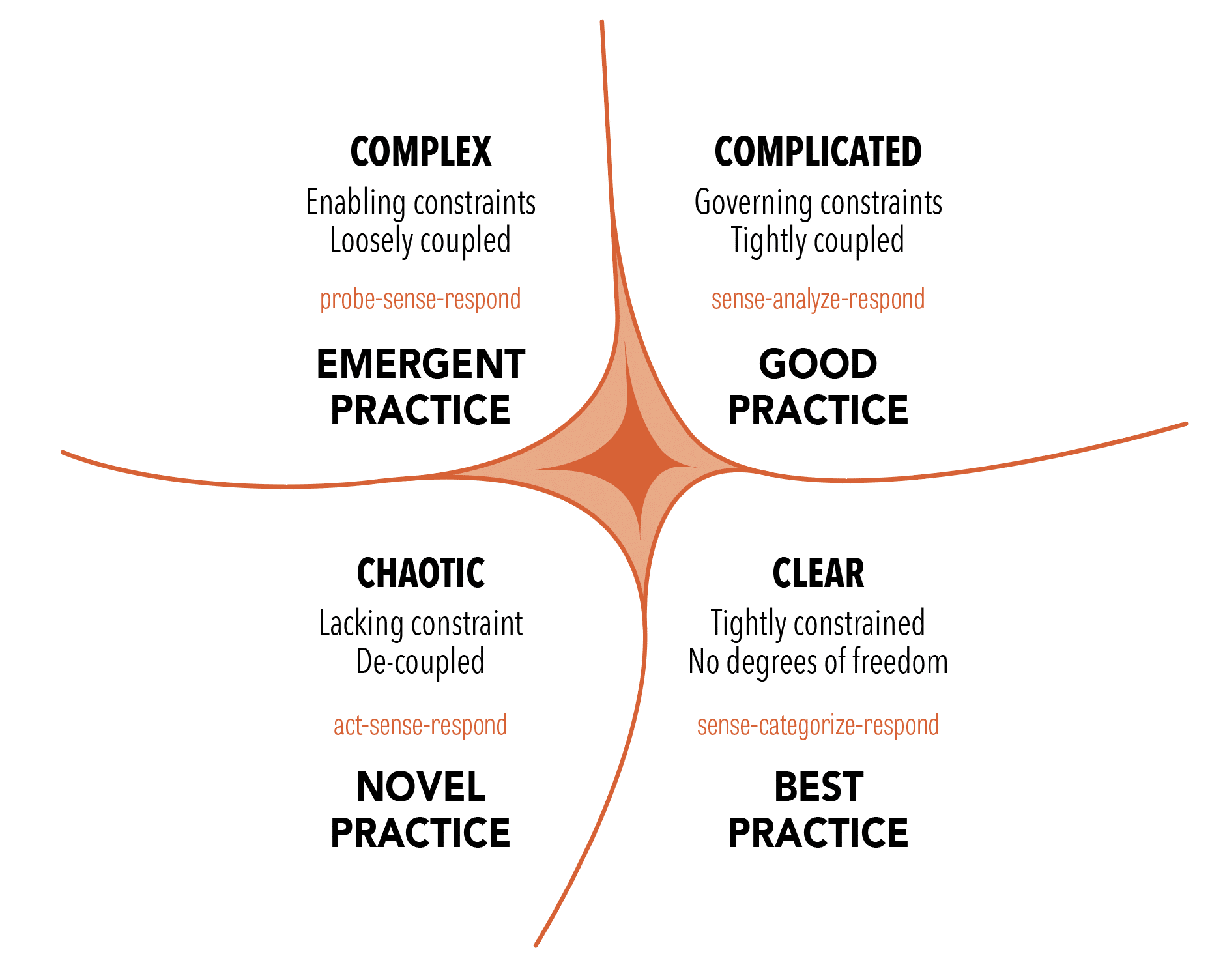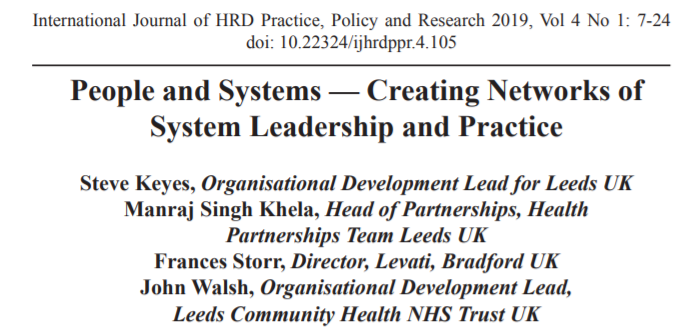
Miles away?
We’ve all had them. An exasperating conversation where you are trying to make your point and the other person – or people – are miles away and just not – well, listening.
You could tell because they were looking elsewhere or because they came in so quickly after you had made your point without any reference to what you were saying.
And you will remember how that feels – annoying, dismissive and it reduces your appetite for working with them. It is a bit uncomfortable to accept but that is how it feels for others when we don’t properly listen to them but keep pressing our point. I pride myself on being a good listener but I know I still do that at times.
At Levati, we believe that listening is a core influencing skill, and it starts with you. Whilst it is important to be able to be clear and direct about what you think and what you expect, if you are only ever in transmit mode other people get very bored. When you start speaking – and it’s often about the same thing as you didn’t get the point across first time – people start thinking “here we go again” instead of hearing what you are saying.
Research and many books on leadership styles tell us that one of the key skills of exceptional leaders is deep listening. There are many reasons for this:
- It surfaces issues that are having an effect on your outcome but are not getting dealt with; you find out a lot more.
- It creates trusting relationships so people want to work with you;
- it creates emergence ie solutions that none of you would have thought of individually.
- If you are experiencing resistance it helps you understand what this is about and what would influence people.
We call it Developing Insight because it develops the insight of the person listening but also of the person speaking. People think better in the presence of good listening.
Deep listening is not an easy skill to acquire. It involves an attitude of mind and believing that:
- I have relevant information – and so do other people.
- Each of us sees things that the other doesn’t see.
- People may disagree with me and still have really good motives for doing so.
- It’s not all about obstruction or point scoring. They may have a good reason.
And it requires empathy and a quality of attention that we often feel too rushed to give. It requires full attention to what is not being said.
There are many things that get in the way of the deep listener:
- The fundamental human fear of loss of control.
- Fear that if I really listen to you, you will think I agree with you.
- Fear that I will be seen to have lost.
- Belief that I understand the situation and those who disagree don’t
As an example, in a recent programme we asked Lisa to really listen to Mike’s counter points to what she had proposed. She did a very good job. She reflected back what Mike’s points were, and what values lay underneath them. She was then able to ask genuinely curious questions about how Mike had come to his conclusions. Mike felt deeply understood. The remarkable thing in this conversation was that Mike was amazed at the way his own opinion started to change, just through a process of being really listened to. He started to question the completeness of his own views.
So used as part of an influencing toolkit, deep listening can help you understand the what and why of conversations so that you can address concerns and see valid competing points. It’s a win win process where listening creates a better connection and a better working relationship. And even if you agree to disagree, it creates a willingness to work together.
Find out more about our Influencing for Results programmes and workshops here
And don’t forget to follow us on social media for the latest thinking from Levati
The Levati Team


